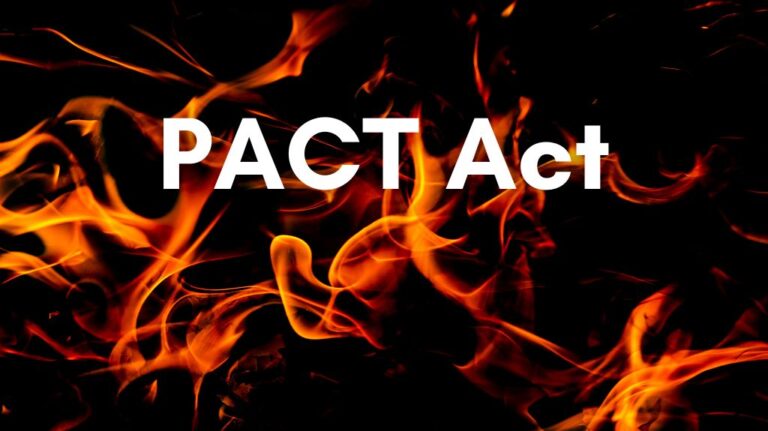How Do I Win a VA Claim for Hypertension?
Navigating the complexities of the Department of Veterans Affairs (VA) claim process can be challenging, especially when it comes to proving service-connected conditions like hypertension. For veterans grappling with hypertension, understanding the intricacies of the VA claims system is crucial to securing the benefits they rightfully deserve. This article aims to provide a comprehensive guide on how veterans can effectively navigate the VA claim process to win compensation for hypertension.

Understanding Hypertension and its Connection to Military Service
Hypertension, commonly known as high blood pressure, is a prevalent medical condition characterized by elevated blood pressure levels. While hypertension can develop due to various factors, including genetics and lifestyle choices, veterans may also develop hypertension as a result of their military service.
Veterans may have experienced conditions during their service that contribute to the development of hypertension, such as exposure to stress, environmental hazards, certain medications, or underlying health conditions exacerbated by military service. Recognizing the link between military service and hypertension is crucial when preparing a VA claim.
Gathering Evidence
The success of a VA claim for hypertension often hinges on the strength of the evidence presented. Veterans should gather comprehensive documentation to support their claim, including:
- Military Service Records: Provide detailed records of service, including deployments, assignments, and any incidents that may have contributed to the development of hypertension.
- Medical Records: Obtain medical records documenting the diagnosis of hypertension, treatment received, and any related complications. Additionally, include records of blood pressure readings over time to establish a pattern of hypertension.
- Nexus Letter: A nexus letter from a qualified medical professional is essential to establish the connection between military service and hypertension. The letter should outline how the veteran’s service directly contributed to the development or aggravation of hypertension.
- Buddy Statements: Statements from fellow service members who can attest to the conditions experienced during military service can strengthen the claim by providing additional evidence and context.
Submitting a Strong Claim
When submitting a VA claim for hypertension, veterans must ensure they provide all relevant information and evidence to support their case. Here are some key steps to follow:
- Complete VA Form 21-526EZ: This form is used to apply for disability compensation and should be filled out accurately and completely. Be sure to include all relevant medical documentation and evidence supporting the claim.
- Seek Assistance if Needed: Veterans can seek assistance from various sources, including Veterans Service Organizations (VSOs), accredited agents, or attorneys specializing in VA claims. These professionals can provide guidance throughout the claims process and help ensure all requirements are met.
- Monitor Claim Status: After submitting a claim, it’s essential to monitor its progress regularly. Veterans can track the status of their claim through the VA’s online portal or by contacting the VA directly.
- Respond to Requests Promptly: The VA may request additional information or schedule examinations as part of the claim review process. It’s crucial to respond promptly to these requests and provide any requested documentation or attend scheduled appointments.
Navigating the Appeals Process
In some cases, a VA claim for hypertension may be initially denied. However, veterans have the right to appeal the decision and request a review of their claim. The appeals process can be complex, but with proper guidance and persistence, veterans can pursue the benefits they deserve.
- Understand Reasons for Denial: If a claim is denied, carefully review the decision letter from the VA to understand the reasons for denial. This will help identify any gaps in evidence or areas that need further clarification.
- Consider Seeking Legal Assistance: If navigating the appeals process independently proves challenging, veterans may consider seeking assistance from legal professionals experienced in VA claims and appeals. An attorney or accredited agent can provide valuable expertise and advocacy throughout the appeals process.
- Provide Additional Evidence: When appealing a denial, veterans have the opportunity to submit additional evidence to support their claim. This may include new medical records, expert opinions, or testimonies from relevant witnesses.
- Attend Hearings if Scheduled: In some cases, veterans may have the option to request a hearing before a Veterans Law Judge as part of the appeals process. If a hearing is scheduled, it’s essential to prepare thoroughly and present a compelling case.
Getting Help with a Hypertension Claim
Winning a VA claim for hypertension requires thorough preparation, diligent gathering of evidence, and persistence throughout the claims and appeals process. By understanding the connection between military service and hypertension, veterans can effectively navigate the complexities of the VA system and secure the benefits they rightfully deserve.
With proper guidance and support, veterans can achieve success in their pursuit of compensation for service-connected hypertension. At times, it can be helpful to get a VA benefits attorney involved with your case, especially if you’ve already been denied benefits. You may be able to match with an attorney today.






